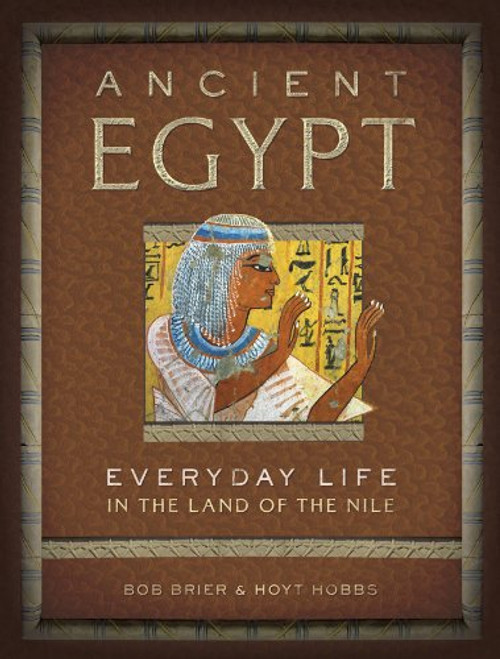Product Overview
A vibrant account of the practice of Islamic law, this book focuses on the actions of a particular legal official, the muhtasib, whose vast jurisdiction included all public behavior.
In the cities of Cairo and neighboring Fustat during the Mamluk period (1250-1517), the muhtasib is best described as a regulator of markets and public spaces. They traversed the city carrying out their duties to forbid wrongful acts and require mandatory ones, and were as much a part of the legal landscape as the better-known figures of judge and mufti. Taking direction from the rulers, the sultan foremost among them, they were also guided by legal doctrine as formulated by the jurists, combining these two sources of law in one face of authority.
The daily workings of law are illuminated by the reports of the muhtasib in the rich chronicles of the Mamluk period, which also record the responses of the individuals who encountered him. The book is organized around actions taken by the muhtasib in the areas of Muslim devotional and pious practice; crimes and offenses; the management of Christians and Jews; market regulation and consumer protection; the essential bread markets; currency and taxes; and public order. These records show that legal doctrine was clearly relevant to the muhtasib's actions, but the policy demands of the sultan were also very important, and rules from both sources of authority intersected with social, political, economic, and even personal motivating factors and produce the fullest possible picture of the practice of Islamic law.







